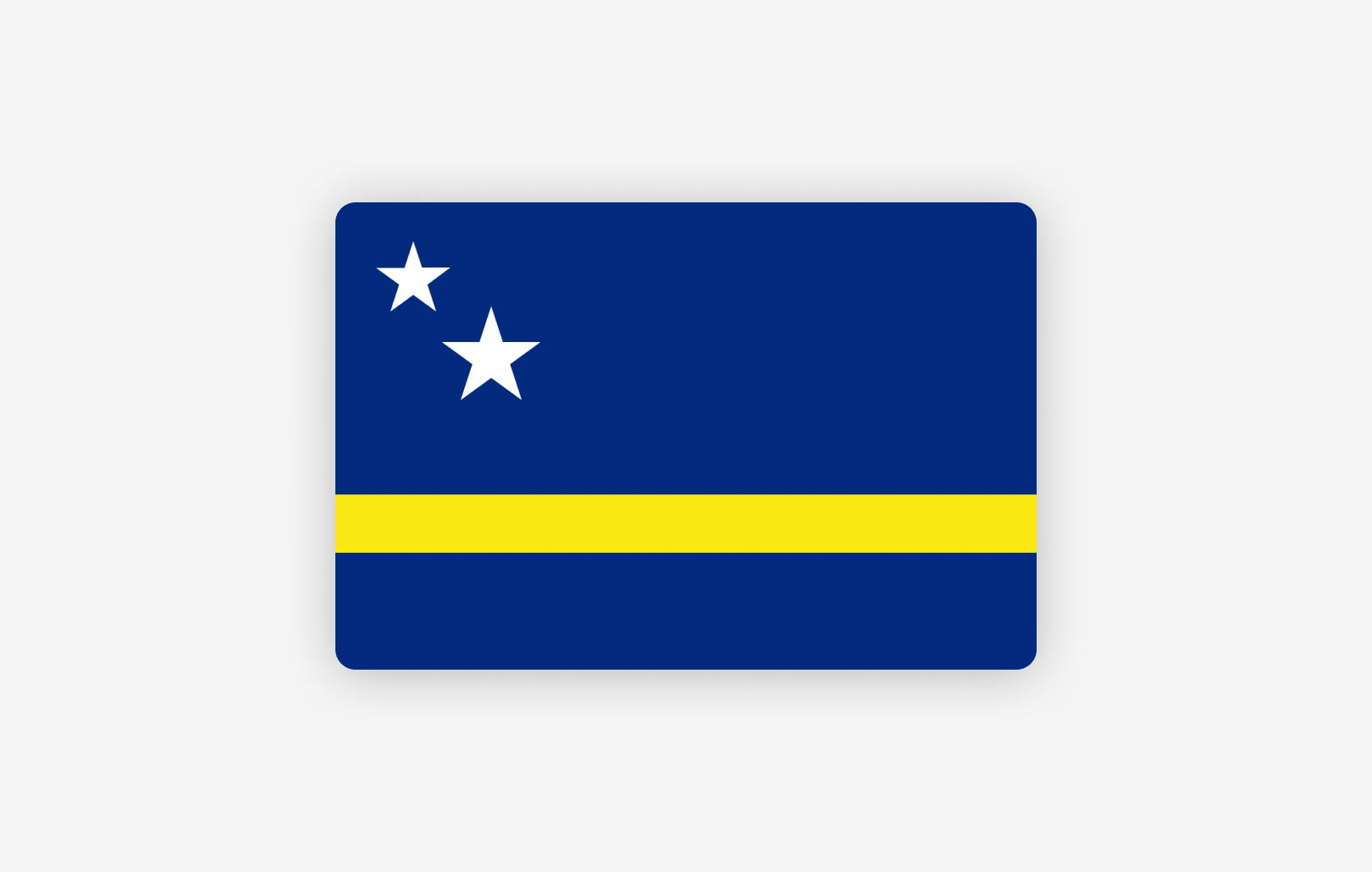The Latest List of High-Risk Jurisdictions

What Are Low- and High-Risk Jurisdictions?
When evaluating a client’s risk level, factors such as the country where the business is registered and the nationality of its owners play a significant role. Now, let’s delve into the concept of jurisdiction risk and its implications in financial regulations.
Low and high-risk jurisdictions refer to geographical areas or countries that are perceived to have varying levels of risk in terms of financial activities, particularly related to money laundering, terrorist financing, and other financial crimes.
Low-risk (level I) jurisdictions typically have strong regulatory frameworks, effective anti-money laundering (AML) and counter-terrorism financing (CTF) measures in place, and a low incidence of financial crime. These jurisdictions are considered safer for financial transactions and are generally more transparent and compliant with international standards.
High-risk jurisdictions (level III and IV), on the other hand, are countries or regions with weaker regulatory frameworks, ineffective AML/CFT measures, and a higher incidence of financial crime. Transactions involving entities or individuals from these jurisdictions may raise concerns about the legitimacy of funds, and financial institutions may be subject to enhanced due diligence requirements when dealing with clients or transactions from these areas.
When labelled high-risk, the Financial Action Task Force (FATF) calls on member countries to:
- Implement enhanced due diligence for transactions involving these jurisdictions;
- Consider counter-measures in severe cases to protect the global financial system.
The FATF actively monitors these high-risk areas to address their deficiencies.
The Latest List of High-Risk Jurisdictions
Based on the most recent update, here are the high-risk jurisdictions classified by FATF:
1. High-Risk Jurisdictions subject to a Call for Action (Black List):
These countries or jurisdictions have serious strategic deficiencies in countering money laundering, terrorist financing, and proliferation financing:
- Democratic People’s Republic of Korea (North Korea)
- Iran
- Myanmar
2. Jurisdictions under Increased Monitoring (Gray List):
These countries are actively working with the FATF to address strategic deficiencies:
- Barbados
- Bulgaria
- Burkina Faso
- Cameroon
- Croatia
- Democratic Republic of Congo
- Gibraltar
- Haiti
- Jamaica
- Mali
- Mozambique
- Nigeria
- Philippines
- Senegal
- South Africa
- South Sudan
- Syria
- Tanzania
- Turkey
- Uganda
- United Arab Emirates
- Vietnam
- Yemen
These lists help monitor and address risks related to money laundering, terrorist financing, and proliferation financing in the international financial system.
What is FATF?
The Financial Action Task Force (FATF) is an intergovernmental organization established in 1989 with the primary goal of combating money laundering, terrorist financing, and other threats to the integrity of the international financial system. It sets global standards and advocates for the effective implementation of measures to combat financial crimes. FATF conducts assessments to gauge countries’ compliance with these standards and offers guidance and recommendations to bolster their anti-money laundering and counter-terrorism financing efforts.
FATF also identifies and assesses jurisdictions with strategic deficiencies in anti-money laundering and counter-terrorism financing (AML/CFT) measures, which pose risks to the global financial system. Oversight of this process is managed by the FATF’s International Co-operation Review Group (ICRG). This evaluation process commenced in 2007, underwent enhancements in 2009, and was further refined in 2015 to align with revisions to FATF standards and the mutual evaluation process. These evaluations serve to evaluate the effectiveness of AML/CFT measures implemented by countries.
In summary, FATF plays a vital role in identifying and mitigating risks across jurisdictions, aiming to bolster the integrity of the international financial system.
In Conclusion
It’s important to note that the classification of jurisdictions as low- or high-risk can vary depending on factors such as changes in regulations, assessments by international bodies like FATF, and individual financial institutions’ risk assessments.
Satchel.eu, a European fintech company that offers innovative banking services, is constantly striving for improvement and optimization, especially in terms of compliance. Our partnerships with industry leaders like Napier, Amlyze, and Ondato significantly expedite onboarding processes and enhance risk assessment and financial crime prevention, ultimately leading to a better overall client experience.






